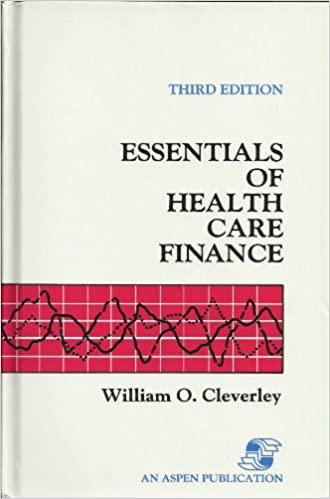Deja Brew Ltd is considering an expansion of its craft beer range and employed you as a consultant. Deja Brew has the following sources of finance on its balance sheet: Financing Type Book Value Bonds - 8.5% p.a. semi-annual coupon, $1,000 face value, 7 years to maturity $185 million Preference shares - 10% annual dividend, face value of $4 $60 million Ordinary shares - issue price of $2 $100 million In addition, you collect the following market information: The current market yield on a Deja Brew bond is 6.52% p.a. Ordinary shares are currently trading at $6.17. The next dividend is expected to be $0.58 in one years' time, and these dividends are expected to grow at 2% p.a. in perpetuity. The preference shares have a current market price of $4.90. The relevant tax rate is 25%. (a) Calculate the total market value and before-tax cost of Deja Brew's bonds. [5 marks) (b) Calculate the total market value and cost of Deja Brew's ordinary shares, assuming the company operates within a classical tax system. [3 marks] (c) Calculate the total marketyalue and cost of Deja Brew's preferred shares, assuming the company operates within a classical tax system. (2 marks) (d) If Deja Brew is evaluating a new investment project that has the same risk as the company's typical project, what rate should they use to discount the project's after-tax cash flows in a classical tax system? [3 marks) (e) Now assume that Deja Brew operates under an imputation tax system with a 30% company tax rate, its dividends are fully franked and shareholders can fully utilise their tax credits (all other information remains unchanged). What is the after-tax cost of capital for Deja Brew? [7 marks) Deja Brew Ltd is considering an expansion of its craft beer range and employed you as a consultant. Deja Brew has the following sources of finance on its balance sheet: Financing Type Book Value Bonds - 8.5% p.a. semi-annual coupon, $1,000 face value, 7 years to maturity $185 million Preference shares - 10% annual dividend, face value of $4 $60 million Ordinary shares - issue price of $2 $100 million In addition, you collect the following market information: The current market yield on a Deja Brew bond is 6.52% p.a. Ordinary shares are currently trading at $6.17. The next dividend is expected to be $0.58 in one years' time, and these dividends are expected to grow at 2% p.a. in perpetuity. The preference shares have a current market price of $4.90. The relevant tax rate is 25%. (a) Calculate the total market value and before-tax cost of Deja Brew's bonds. [5 marks) (b) Calculate the total market value and cost of Deja Brew's ordinary shares, assuming the company operates within a classical tax system. [3 marks] (c) Calculate the total marketyalue and cost of Deja Brew's preferred shares, assuming the company operates within a classical tax system. (2 marks) (d) If Deja Brew is evaluating a new investment project that has the same risk as the company's typical project, what rate should they use to discount the project's after-tax cash flows in a classical tax system? [3 marks) (e) Now assume that Deja Brew operates under an imputation tax system with a 30% company tax rate, its dividends are fully franked and shareholders can fully utilise their tax credits (all other information remains unchanged). What is the after-tax cost of capital for Deja Brew? [7 marks)







